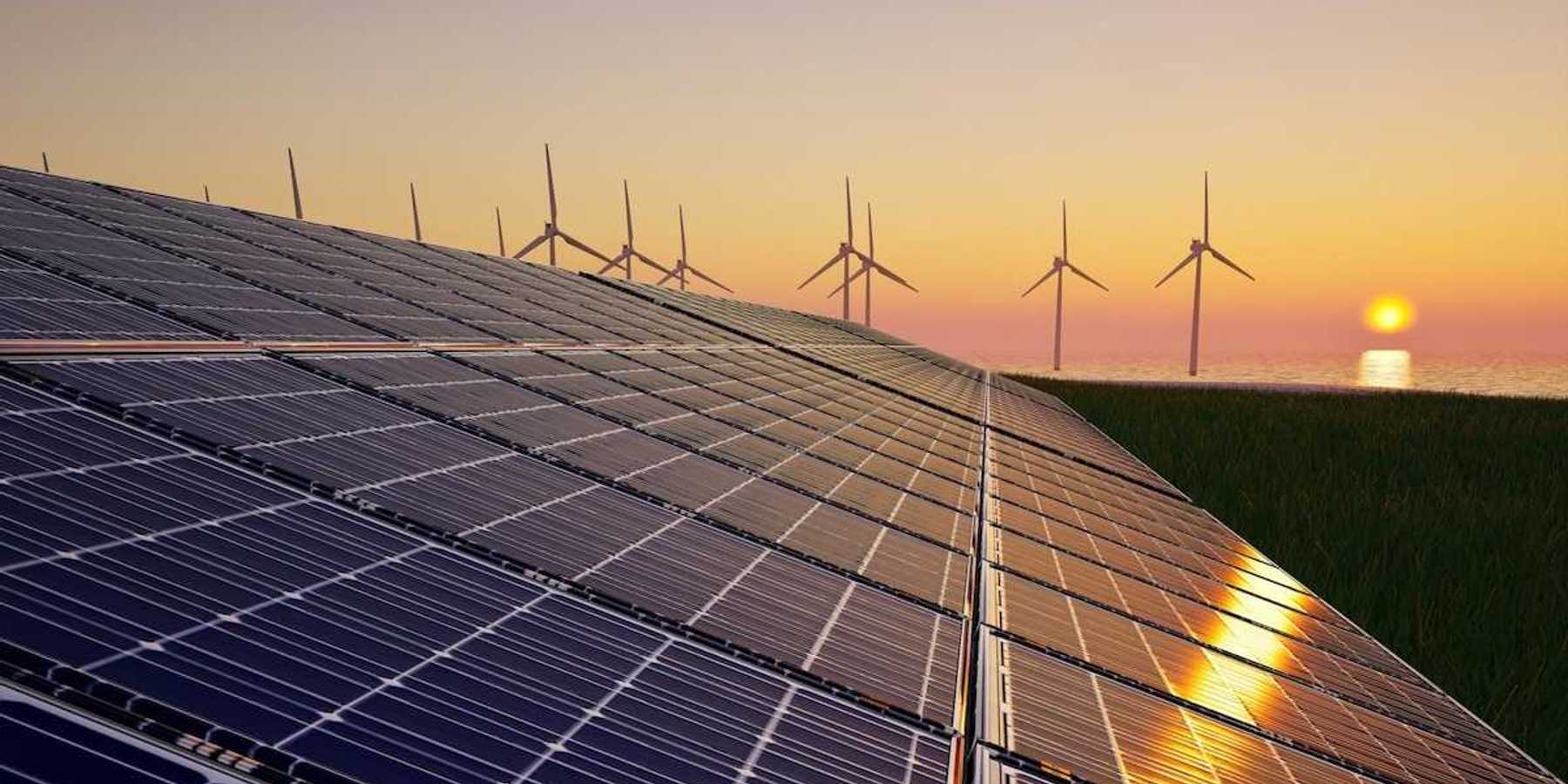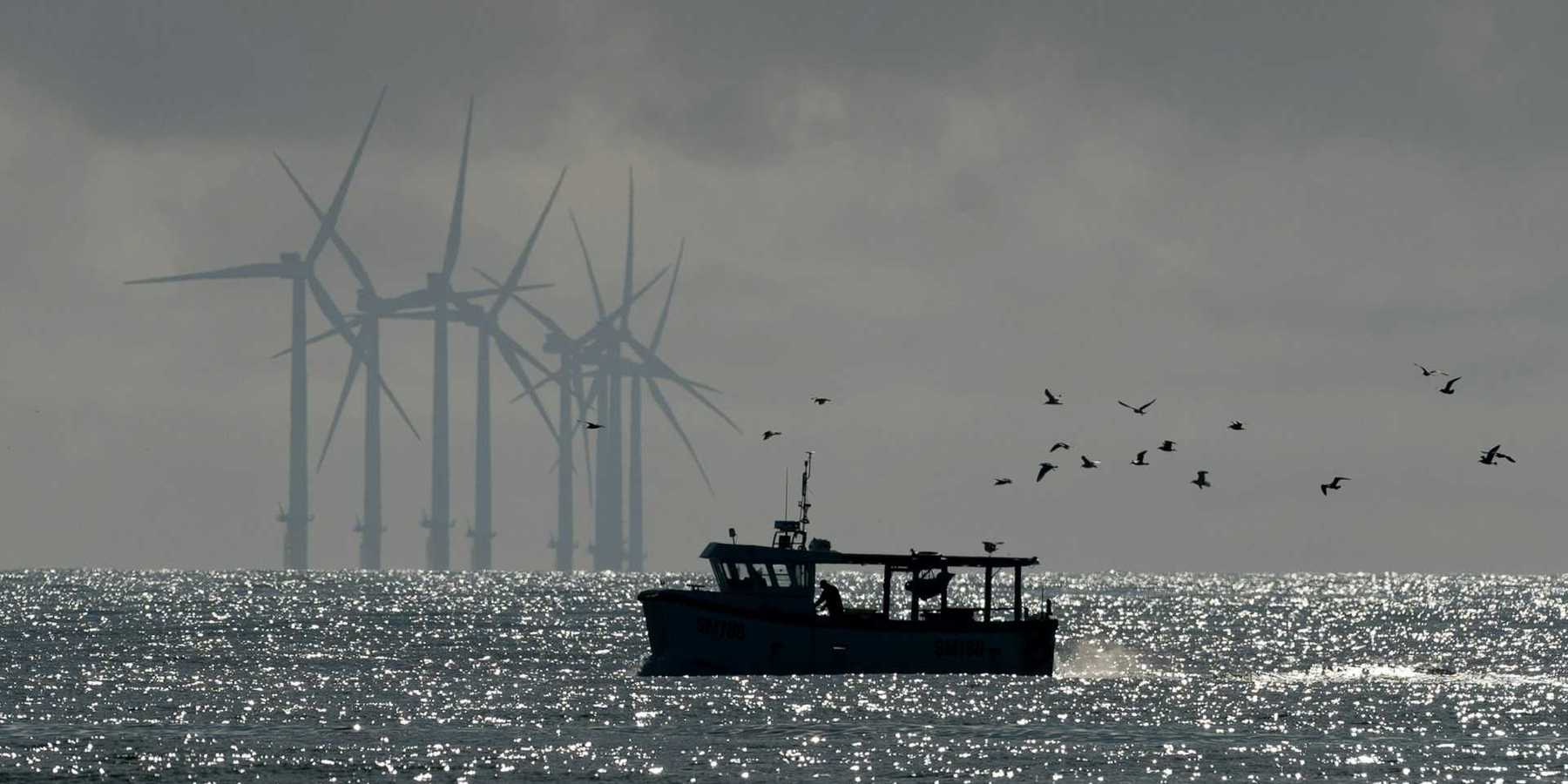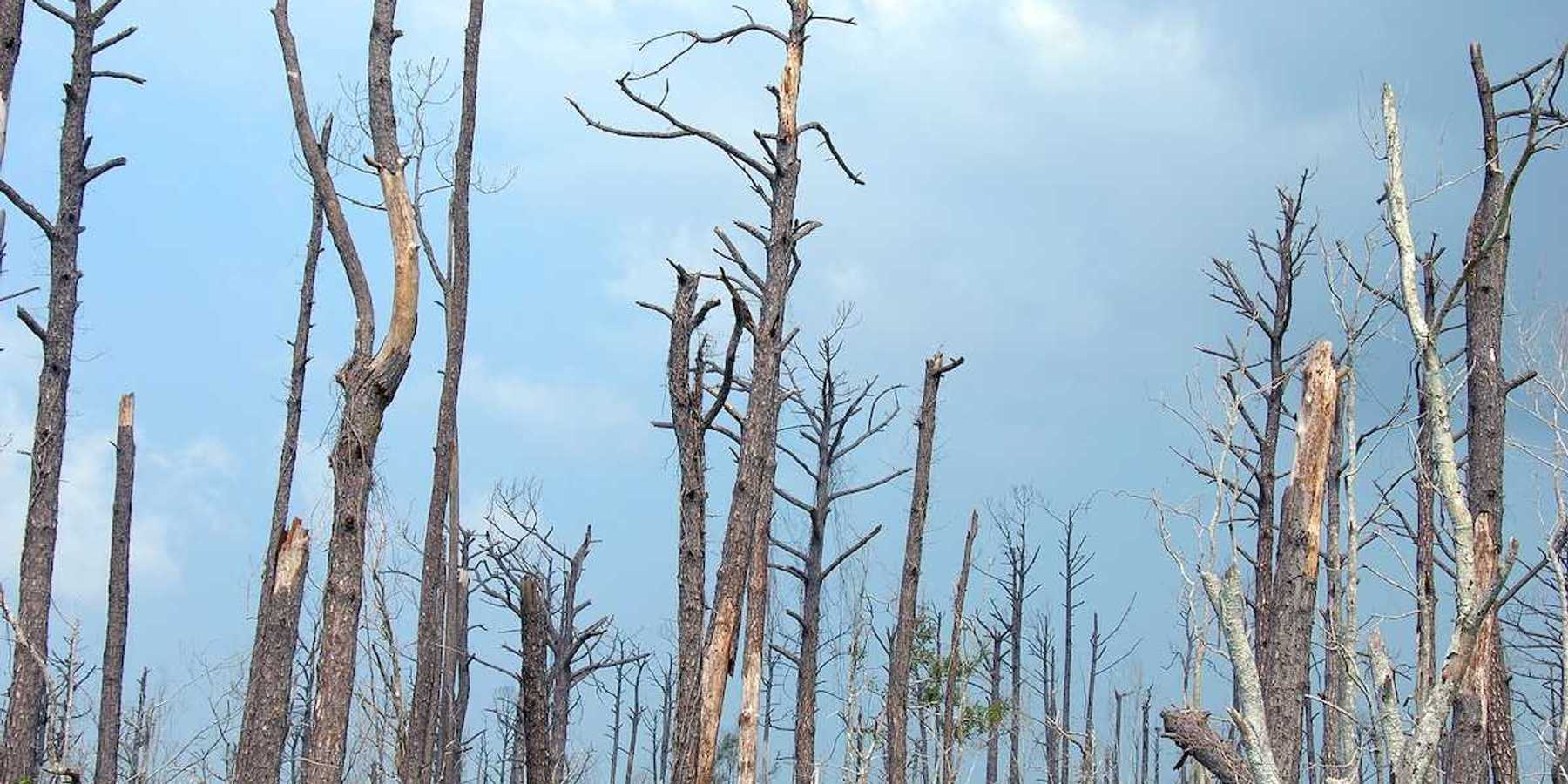Growing methane exports pose risks to Gulf Coast communities
Researchers argue that the expansion of liquefied natural gas facilities in the Gulf Coast endangers local environments and communities, particularly affecting minority populations.
Dee J. Hall reports for Floodlight.
In short:
- The report identifies significant environmental and health risks for communities near six LNG facilities in Louisiana and Texas.
- Increased LNG production has made the U.S. the world's leading exporter, raising concerns about global emission targets.
- Local disparities in employment and compensation exacerbate the economic impact on affected communities.
Key quote:
"As communities of color are literally fighting for our lives on the front lines, (federal) departments and agencies like FERC ... continuously are approving permits for these deadly, monstrous projects."
— Roishetta Ozane, executive director of The Vessel Project of Louisiana
Why this matters:
Historically, industrial developments have been disproportionately sited in minority communities, leading to concerns about systemic discrimination and neglect by policymakers. The siting of LNG facilities often follows this pattern. LNG facilities are typically associated with air and water pollution, including the release of hazardous pollutants such as volatile organic compounds and particulate matter, which can lead to respiratory issues and other health problems.













